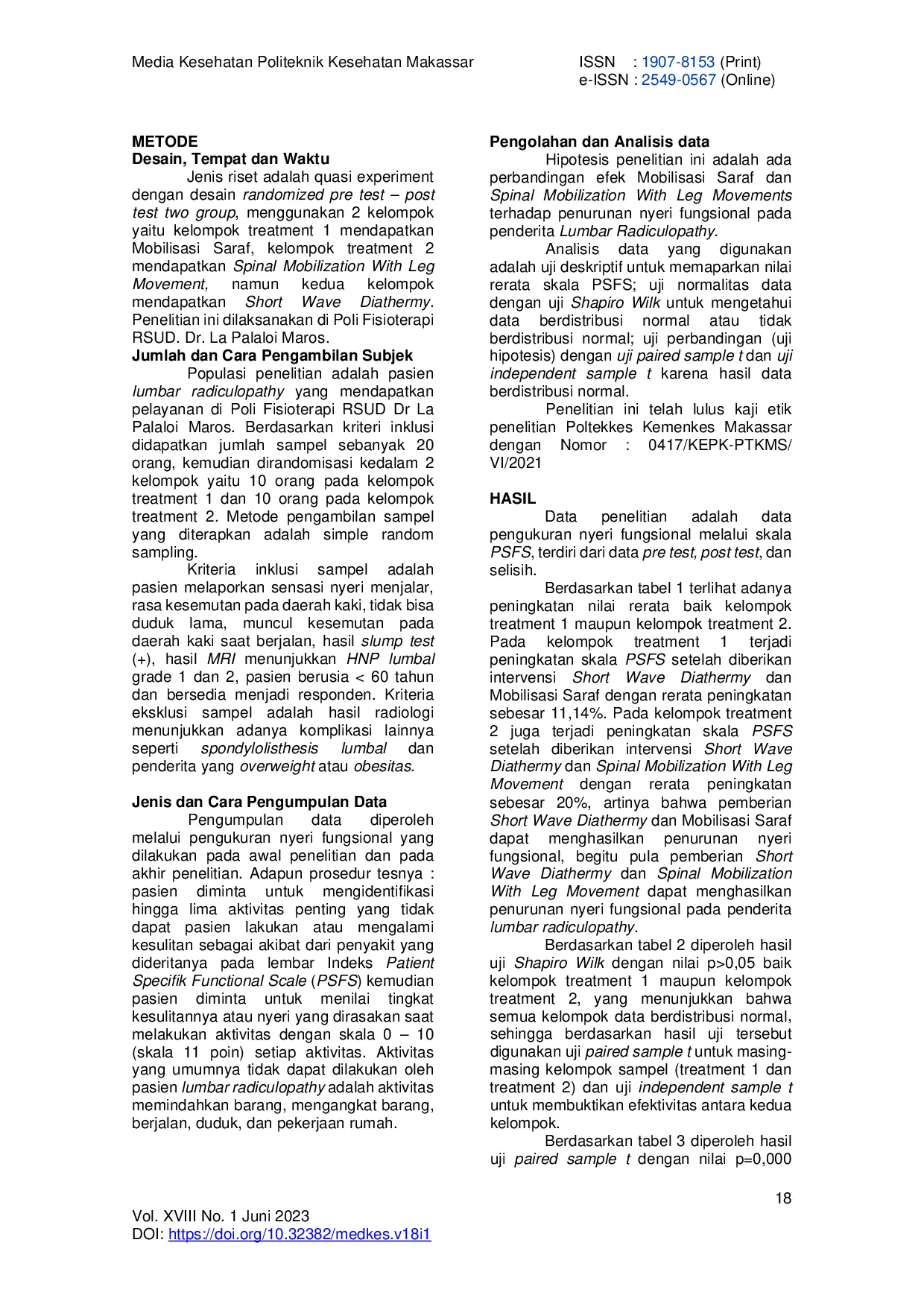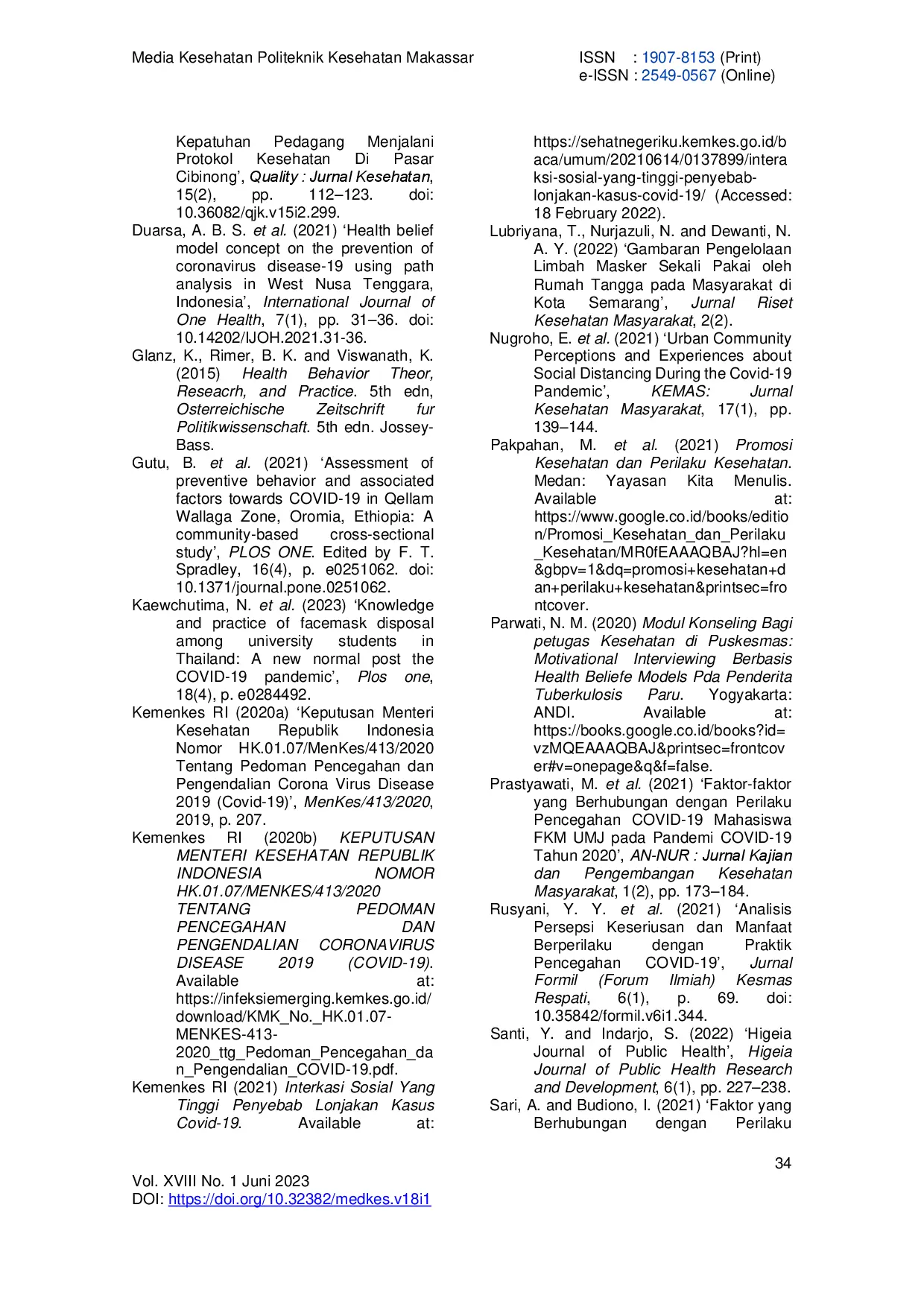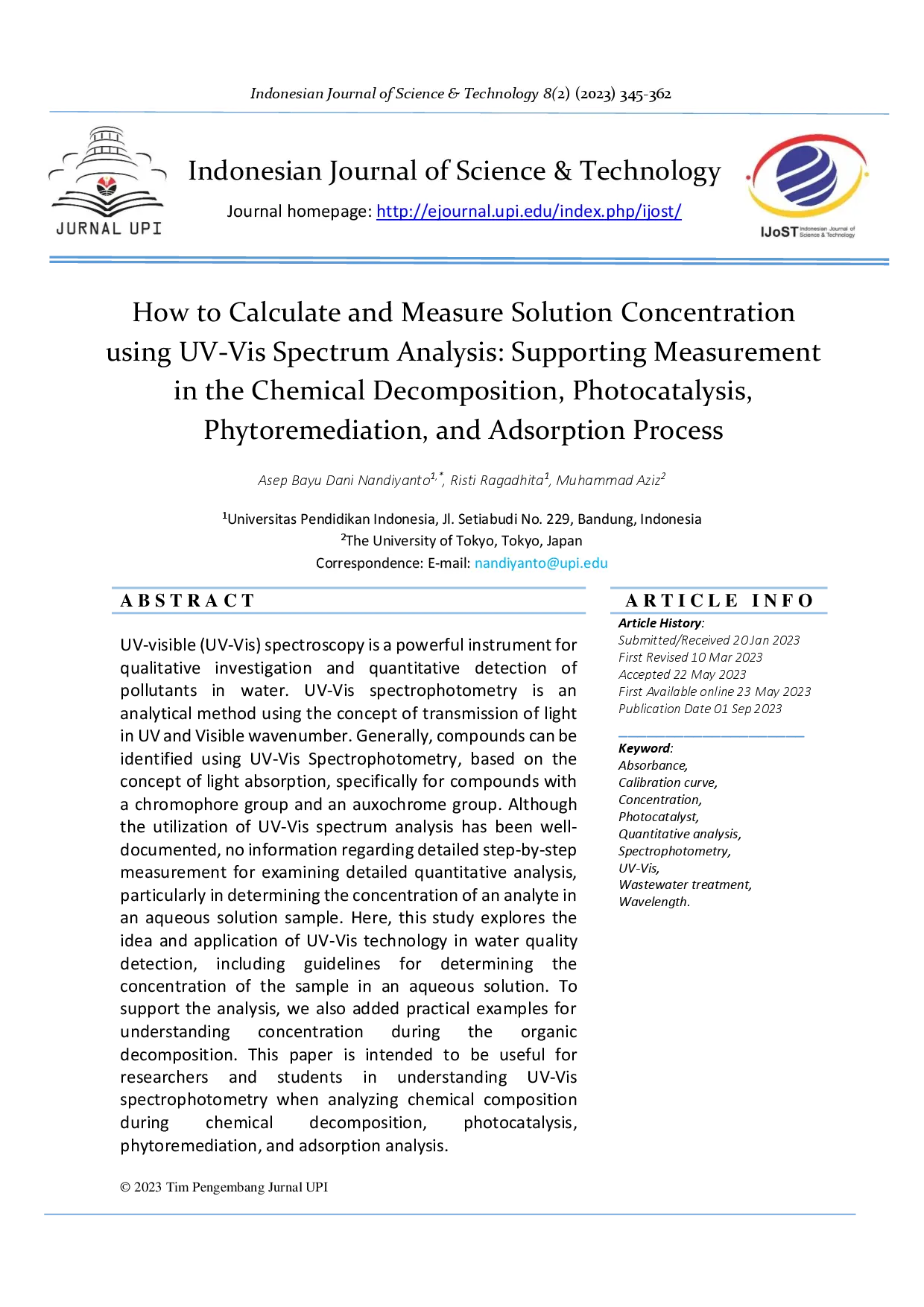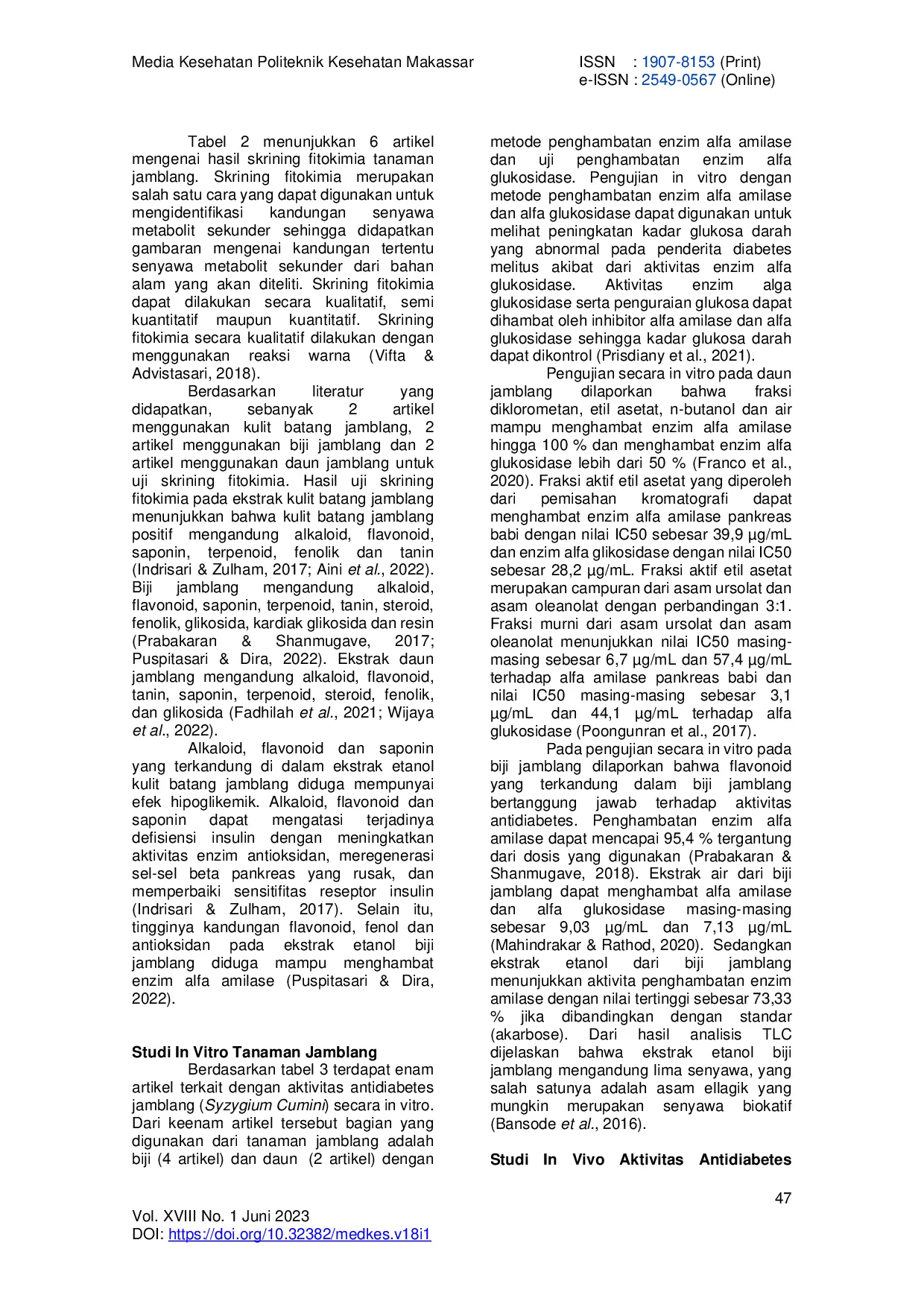UPIUPI
Indonesian Journal of Science and TechnologyIndonesian Journal of Science and TechnologyConsumer relationship management (CRM) can potentially influence business as it predicts changes in peoples perspectives, which could impact future sales. Accordingly, advancements in Information Technology are under investigation to see their capabilities to improve the work of CRM. Many prediction techniques, such as Data Mining, Machine Learning (ML), and Deep Learning (DL), were found to be utilized with CRM. ML methods were found to dominate other approaches in terms of the prediction of consumers intention to purchase. This review provides DL algorithms that are mostly used in the last five years, to support CRM to predict purchase intention for better product sales decisions. Prediction criteria related to online activities and behavior were found to be the most inputs of prediction models. DL approaches are slowly applied within purchase intention prediction due to their advanced capabilities in handling large and complicated datasets with minimum human supervision. DL models such as CNN and LSTM result in high accuracy in prediction intention with 98%. Future research uses the two algorithms (CNN, LSTM) compiled to make the best prediction consumption in CRM. Additionally, an effort is being made to create a framework for predicting purchases based on many DL algorithms and the most pertinent characteristics.
It can be concluded that consumer relationship management is considerably focused on peoples posts on social media because people reveal a lot regarding their perspectives towards products and purchase habits.Accordingly, prediction techniques such as Data Mining, Machine Learning, and Deep Learning have been utilized to predict purchase intention from peoples online words and activities.However, compared to Machine Learning methods, Deep Learning methods are found to be underrated in predicting consumers intention to purchase.Machine Learning methods have been established in the field a long time ago, while Deep Learning recently employed.However, Deep Learning is proceeding significantly in many fields including business, and replacing its Machine Learning methods due to its capability to improve accuracy while more training data is included, and it can improve accuracy while complicated datasets and need less human intervention.Moreover, this research studied and compared the existing Deep Learning models that predict consumption and concluded that CNN and LSTM as successful techniques for purchase prediction, as CNN separately yields the highest accuracy of 90% and above.Additionally, the review highlighted that features such as purchase under number view products, sessions, and others, are among the prominent factors.The findings support the current investigation of using Deep Learning models and picking up the most used data entry process such as segmentation that could improve the results for prediction.
Based on the findings, future research should focus on combining CNN and LSTM algorithms to develop a more accurate purchase intention prediction model. Furthermore, exploring the use of deep learning to predict purchase intention in real-time, enabling instant discounts or rewards for potential buyers, presents a promising avenue for investigation. Finally, it is crucial to develop a streamlined feature selection process to reduce computational complexity and improve the efficiency of deep learning models in predicting consumer behavior, particularly in scenarios with large and incomplete datasets.
| File size | 781.12 KB |
| Pages | 22 |
| Short Link | https://juris.id/p-bI |
| Lookup Links | Google ScholarGoogle Scholar, Semantic ScholarSemantic Scholar, CORE.ac.ukCORE.ac.uk, WorldcatWorldcat, ZenodoZenodo, Research GateResearch Gate, Academia.eduAcademia.edu, OpenAlexOpenAlex, Hollis HarvardHollis Harvard |
| DMCA | Report |
Related /
POLTEKKES JAKARTA 3POLTEKKES JAKARTA 3 Kelelahan merupakan kekurangan energi fisik atau mental yang dapat dirasakan orang dan dapat mengganggu aktivitas sehari-hari. Kelelahan menyebabkan penurunanKelelahan merupakan kekurangan energi fisik atau mental yang dapat dirasakan orang dan dapat mengganggu aktivitas sehari-hari. Kelelahan menyebabkan penurunan
POLTEKKES MKSPOLTEKKES MKS Hal ini dapat dilakukan oleh ibu hamil dalam keadaan rileks dan dimana saja serta tidak membutuhkan waktu khusus untuk melakukan pemijatan. Adapun jenisHal ini dapat dilakukan oleh ibu hamil dalam keadaan rileks dan dimana saja serta tidak membutuhkan waktu khusus untuk melakukan pemijatan. Adapun jenis
POLTEKKES MKSPOLTEKKES MKS Kesimpulan penelitian menyatakan bahwa penggunaan Instagram sebagai media edukasi gizi efektif meningkatkan pengetahuan dan asupan zat besi, tetapi tidakKesimpulan penelitian menyatakan bahwa penggunaan Instagram sebagai media edukasi gizi efektif meningkatkan pengetahuan dan asupan zat besi, tetapi tidak
POLTEKKES MKSPOLTEKKES MKS Latar belakang: Lumbar radiculopathy merupakan kondisi yang menyebabkan rasa sakit dan kesemutan sepanjang distribusi saraf sciatic yang terkait dan dapatLatar belakang: Lumbar radiculopathy merupakan kondisi yang menyebabkan rasa sakit dan kesemutan sepanjang distribusi saraf sciatic yang terkait dan dapat
POLTEKKES MKSPOLTEKKES MKS E program pada bayi pasca resusitasi selama proses rujukan guna mencegah meningkatnya angka kesakitan dan timbulnya jejas (sequele) akibat asfiksia bayiE program pada bayi pasca resusitasi selama proses rujukan guna mencegah meningkatnya angka kesakitan dan timbulnya jejas (sequele) akibat asfiksia bayi
POLTEKKES MKSPOLTEKKES MKS Penelitian ini bertujuan untuk mengetahui faktor-faktor yang berhubungan dengan perilaku pencegahan COVID-19 di Perumahan X, Kabupaten Tangerang. PenelitianPenelitian ini bertujuan untuk mengetahui faktor-faktor yang berhubungan dengan perilaku pencegahan COVID-19 di Perumahan X, Kabupaten Tangerang. Penelitian
POLTEKKES MKSPOLTEKKES MKS Media sosial yang paling banyak digunakan umumnya adalah Instagram (87,7%) dengan informasi yang sering akses adalah makanan (75,9%). Kebiasaan mengonsumsiMedia sosial yang paling banyak digunakan umumnya adalah Instagram (87,7%) dengan informasi yang sering akses adalah makanan (75,9%). Kebiasaan mengonsumsi
STIKESPANTIWALUYASTIKESPANTIWALUYA Terapi relaksasi Slow Deep Breathing terbukti efektif menurunkan ansietas pada ibu hamil primigravida dengan CPD. Terapi relaksasi Slow Deep BreathingTerapi relaksasi Slow Deep Breathing terbukti efektif menurunkan ansietas pada ibu hamil primigravida dengan CPD. Terapi relaksasi Slow Deep Breathing
Useful /
UPIUPI Here, this study explores the idea and application of UV-Vis technology in water quality detection, the concentration of the sample in an aqueous solution.Here, this study explores the idea and application of UV-Vis technology in water quality detection, the concentration of the sample in an aqueous solution.
UNSRITUNSRIT 000,-, dibandingkan dengan hasil dari metode Least Cost dan Stepping Stone Rp. 000,- maka yang lebih optimal adalah hasil dari metode North West Corner000,-, dibandingkan dengan hasil dari metode Least Cost dan Stepping Stone Rp. 000,- maka yang lebih optimal adalah hasil dari metode North West Corner
UNSRITUNSRIT Berdasarkan hasil penelitian, dapat disimpulkan bahwa alat deteksi kebakaran berbasis Arduino ini berfungsi dengan baik sesuai dengan fungsionalitas yangBerdasarkan hasil penelitian, dapat disimpulkan bahwa alat deteksi kebakaran berbasis Arduino ini berfungsi dengan baik sesuai dengan fungsionalitas yang
POLTEKKES MKSPOLTEKKES MKS Literatur yang digunakan bersumber dari database elektronik seperti PubMed dan Google Scholar dengan pencarian kata kunci “Antidiabetic dan “SyzygiumLiteratur yang digunakan bersumber dari database elektronik seperti PubMed dan Google Scholar dengan pencarian kata kunci “Antidiabetic dan “Syzygium











